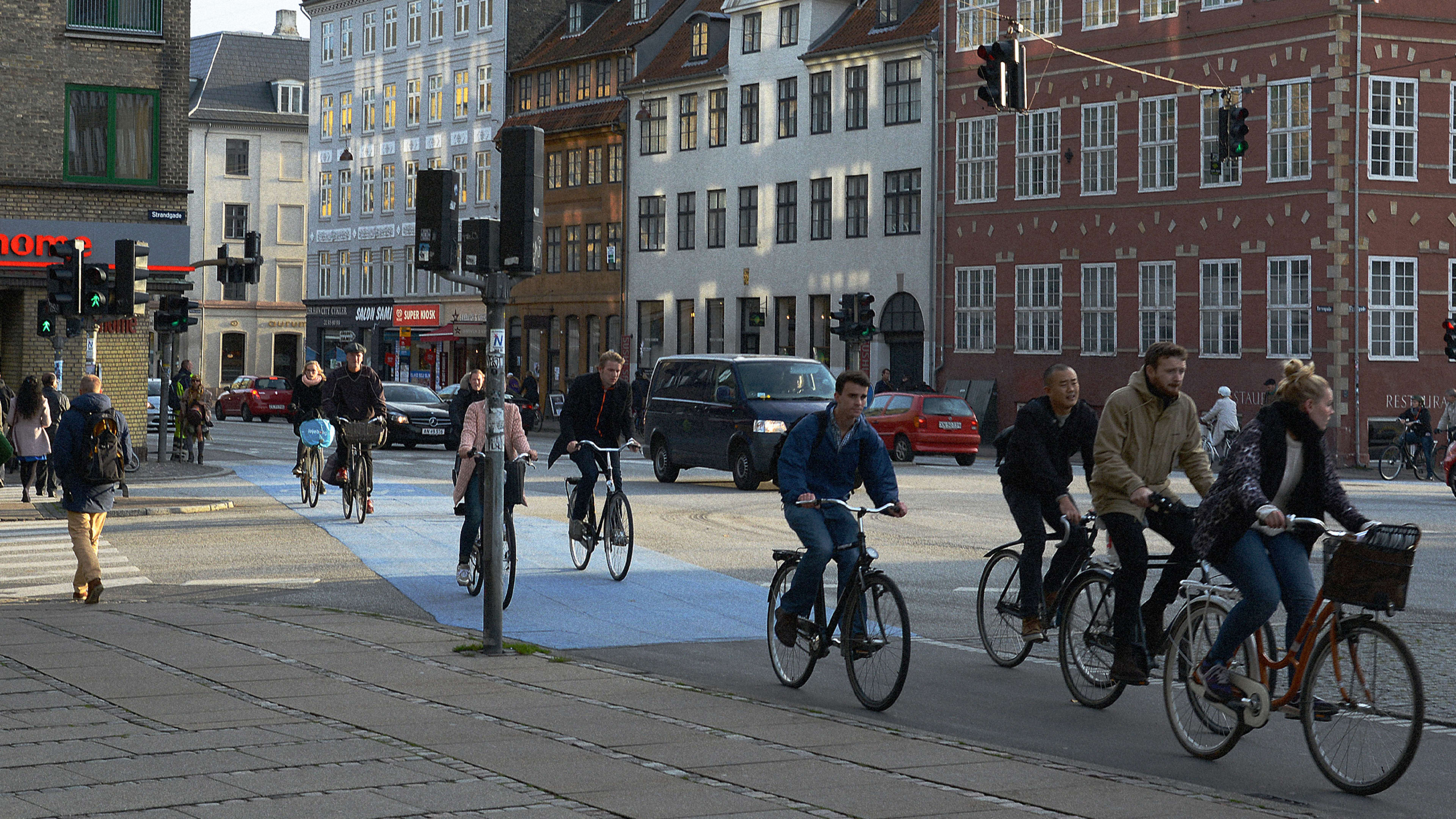Cities are increasingly realizing that building better bike infrastructure makes sense: On crowded streets at rush hour, far more people fit on bikes than if they were in cars. Bikes can help cities fight both local smog and climate change, boost local business, and make people living there healthier and happier; one study found that for every dollar invested in separated bike lanes, cities could save $24 on the costs of healthcare, pollution, and traffic. Still, some cities are moving faster than others away from cars. Copenhagenize Design Company, a Copenhagen-based firm that works with cities to improve biking, ranked the largest cities in the world for their bikeability. These are the best.
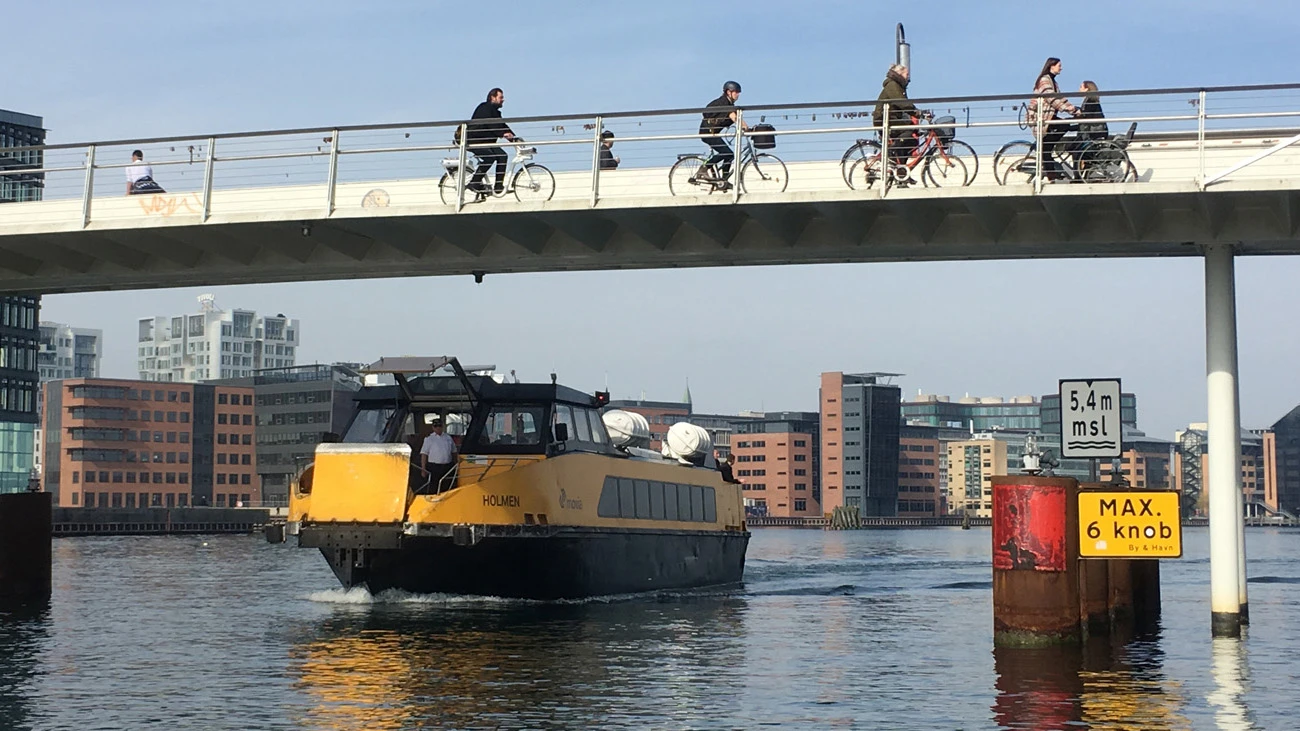
A staggering 62% of Copenhageners bike to work or school (in Portland, Oregon, with the largest number of bike commuters in the U.S., the number is roughly10 times smaller). Copenhagen has a long history of bike-friendliness, but hasn’t stopped investing in new infrastructure, from bike bridges to regional cycle highways.
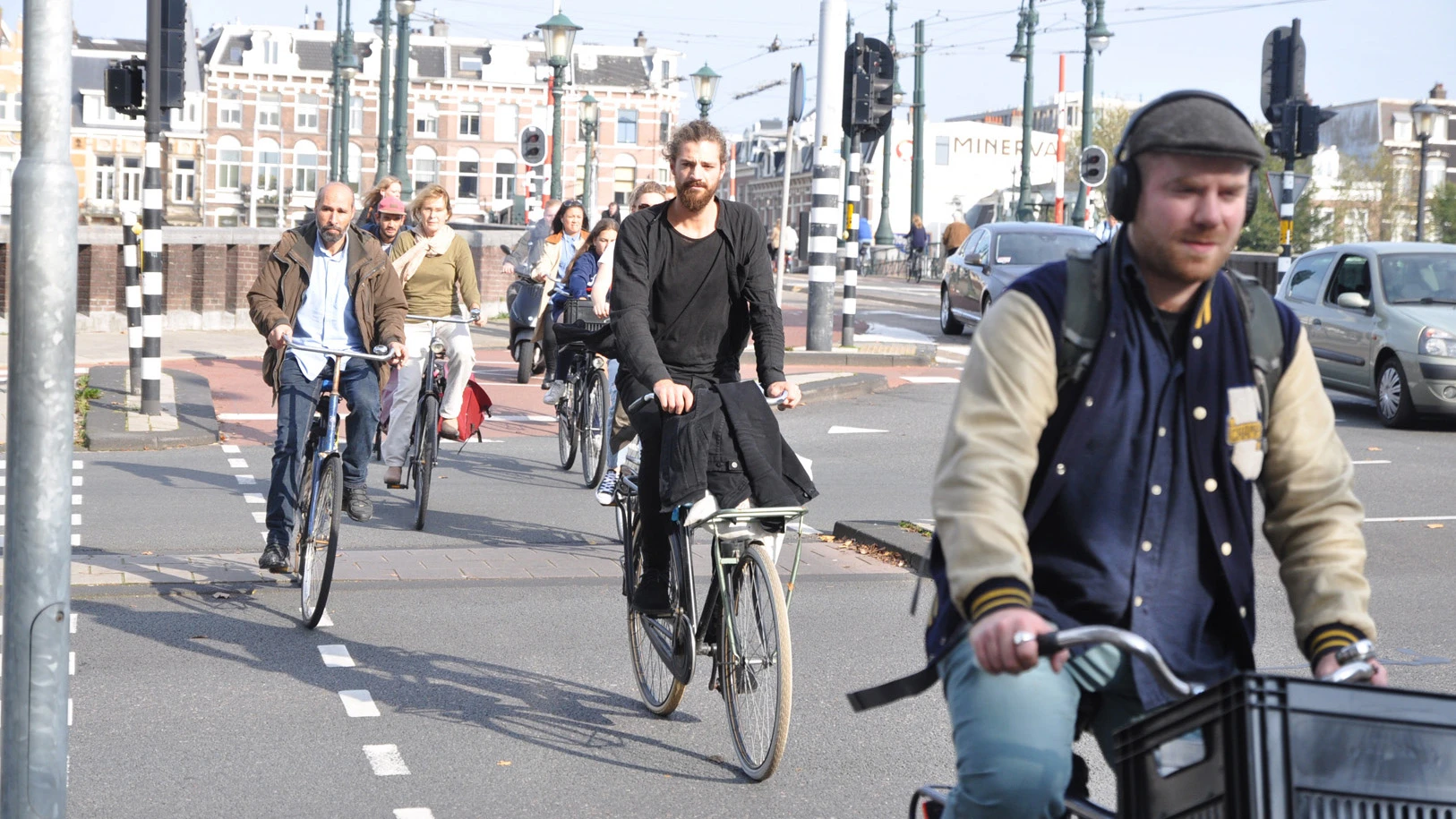
By 2025, Amsterdam will strip more than 11,000 parking spaces from its city center and replace them with bike parking, sidewalks, and trees. The city is also adding wider bike paths to accommodate hoards of cyclists at rush hour and redesigning intersections to better protect people on bikes.
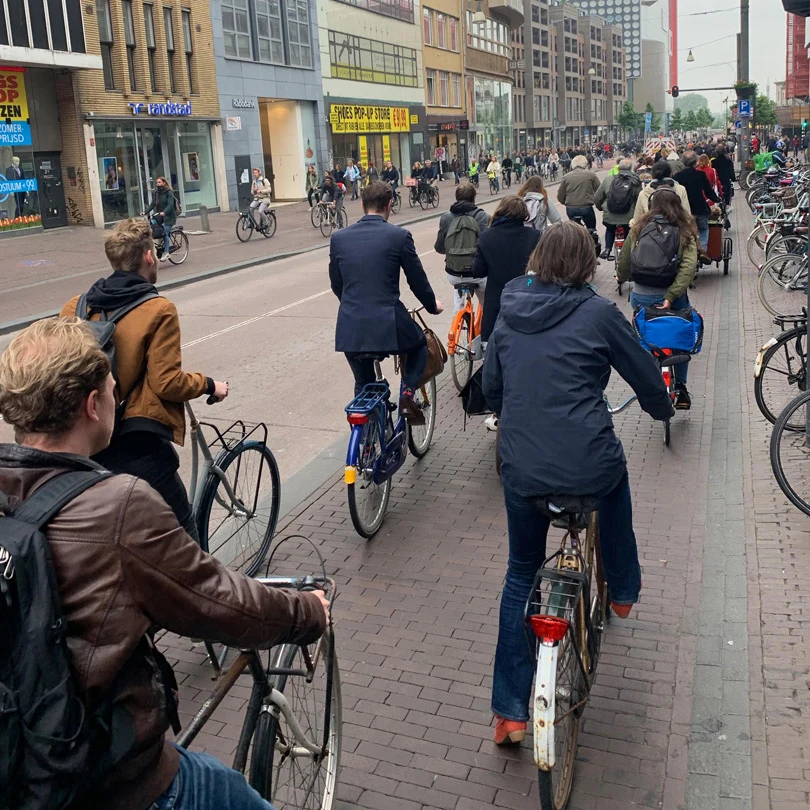
This Dutch city is already bike-friendly, but the city now plans to double the number of bike commuters by 2030. Electric bikes are getting dedicated lanes, smart traffic signals help cyclists hit green lights, and the area around the city’s central train station will soon have 33,000 bike parking spaces.
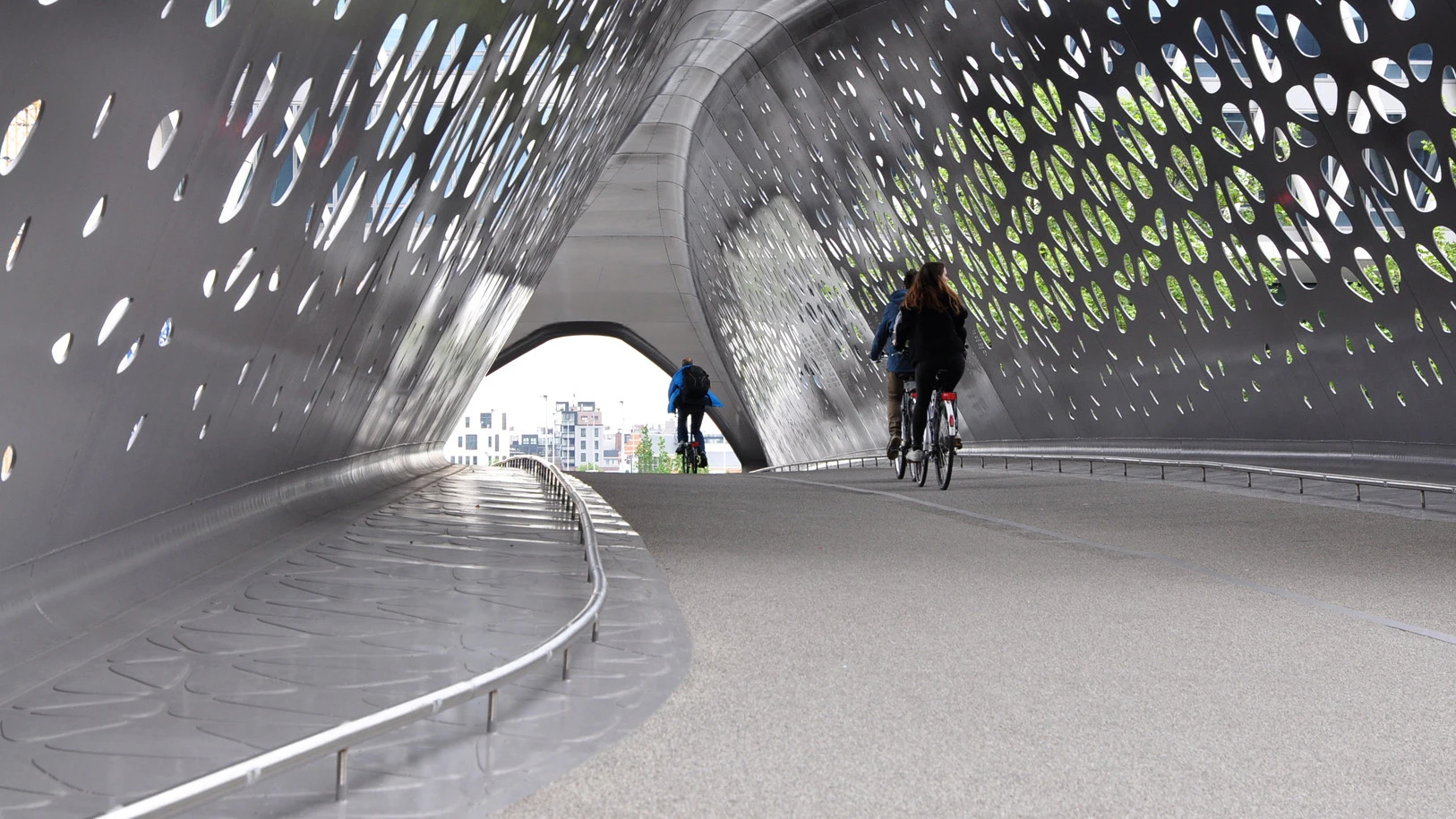
Roughly a third of trips in this Belgian city are now made by bike, and more than half of riders are female. The city is planning a new bike and pedestrian bridge, expanding regional bike highways, and lowering speed limits to 18 miles an hour on almost all streets.
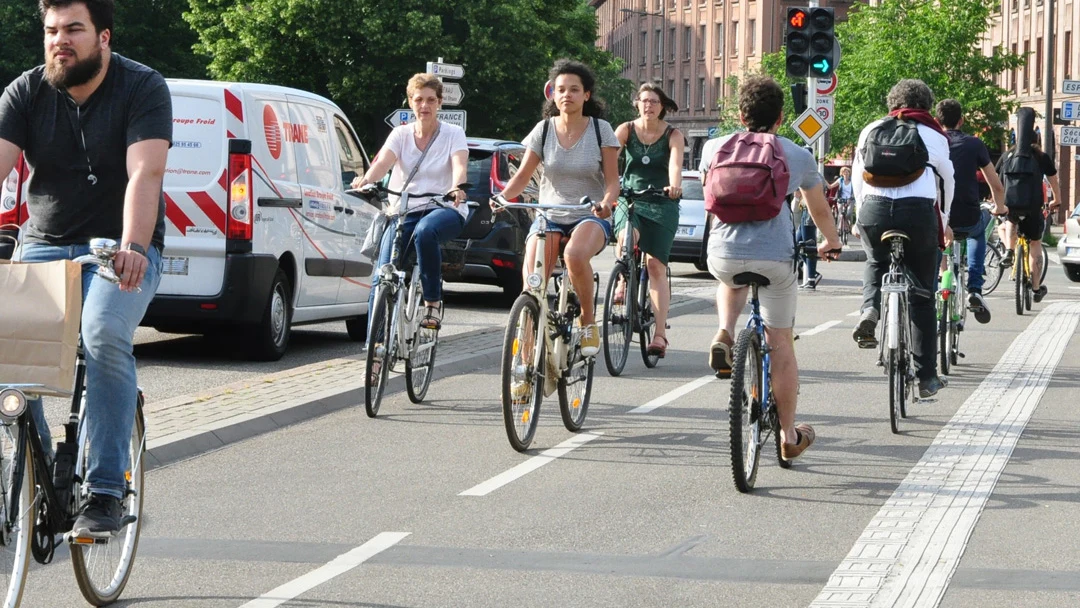
Known as the most bikeable city in France, Strasbourg has a new bike strategy that will add new cycle highways into nearby suburbs and encourage new riders.
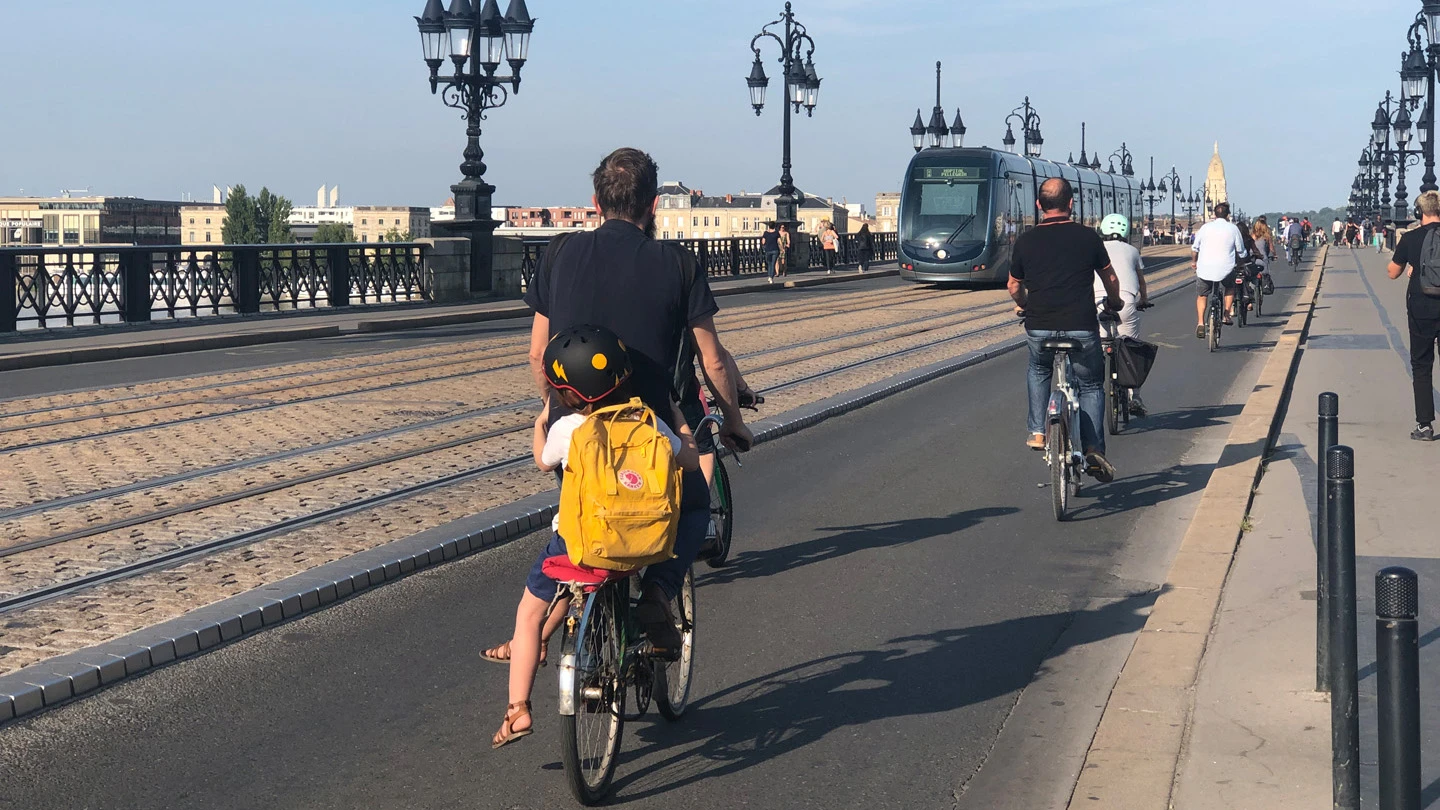
This French city recently banned cars from a key bridge, increasing bike traffic. The city center has parking spots for cargo bikes, and the city offers its own employees electric bikes to use.
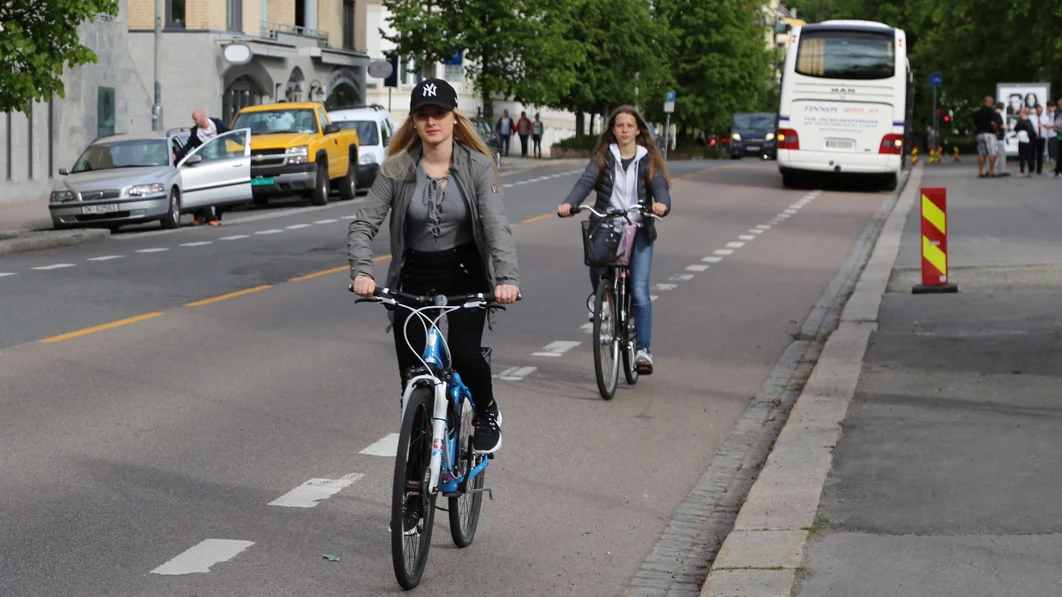
7. Oslo
When downtown Oslo removed parking spaces to become essentially car-free, it also added new bike parking. The city’s bike-share system now offers cargo bikes and, in the winter, bikes designed to ride in the snow.
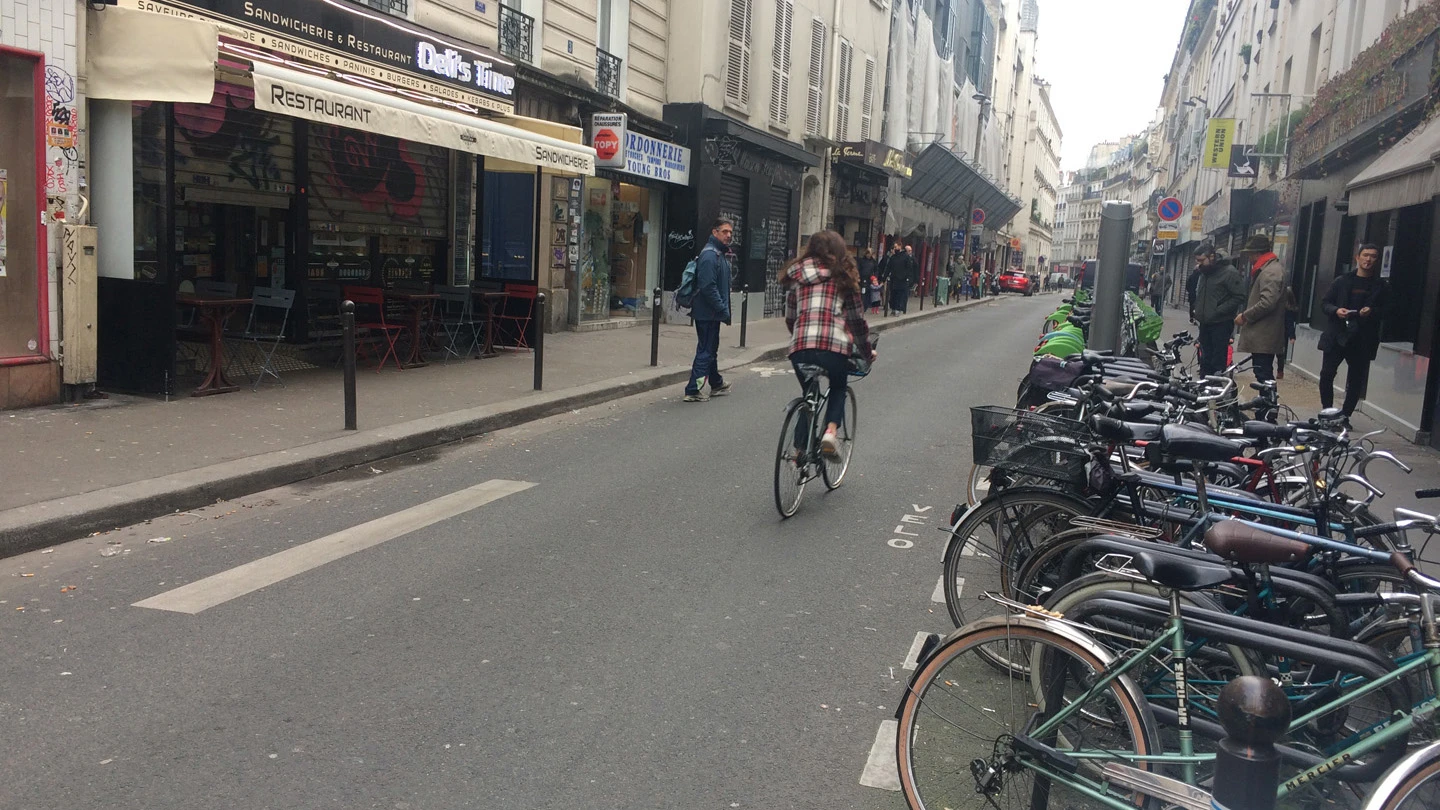
8. Paris
The number of bike commuters in Paris is still relatively low compared to cities like Amsterdam or Copenhagen. But the city is building out new protected bike lanes—including on the Champs-Elysées—and continues to push to reduce driving.
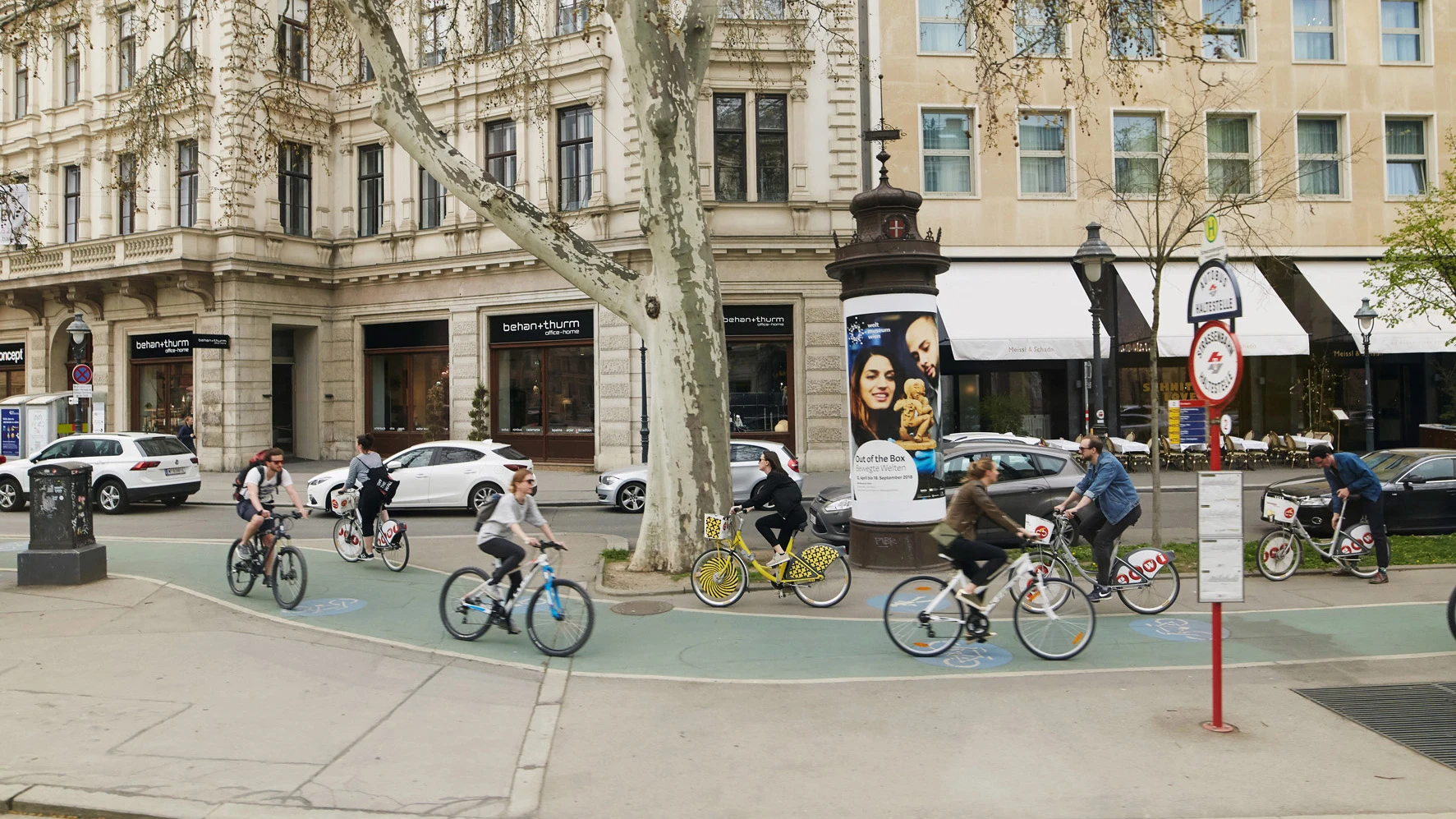
9. Vienna
In Vienna, if you need to run an errand, you can rent a free cargo bike. Another recent program gave local businesses grants to buy cargo bikes. The city has also installed 5,000 new parking spaces for bikes over the last two years and ran a creative ad campaign called “#warumfährstDUnicht?” or #whydontYOUcycle?
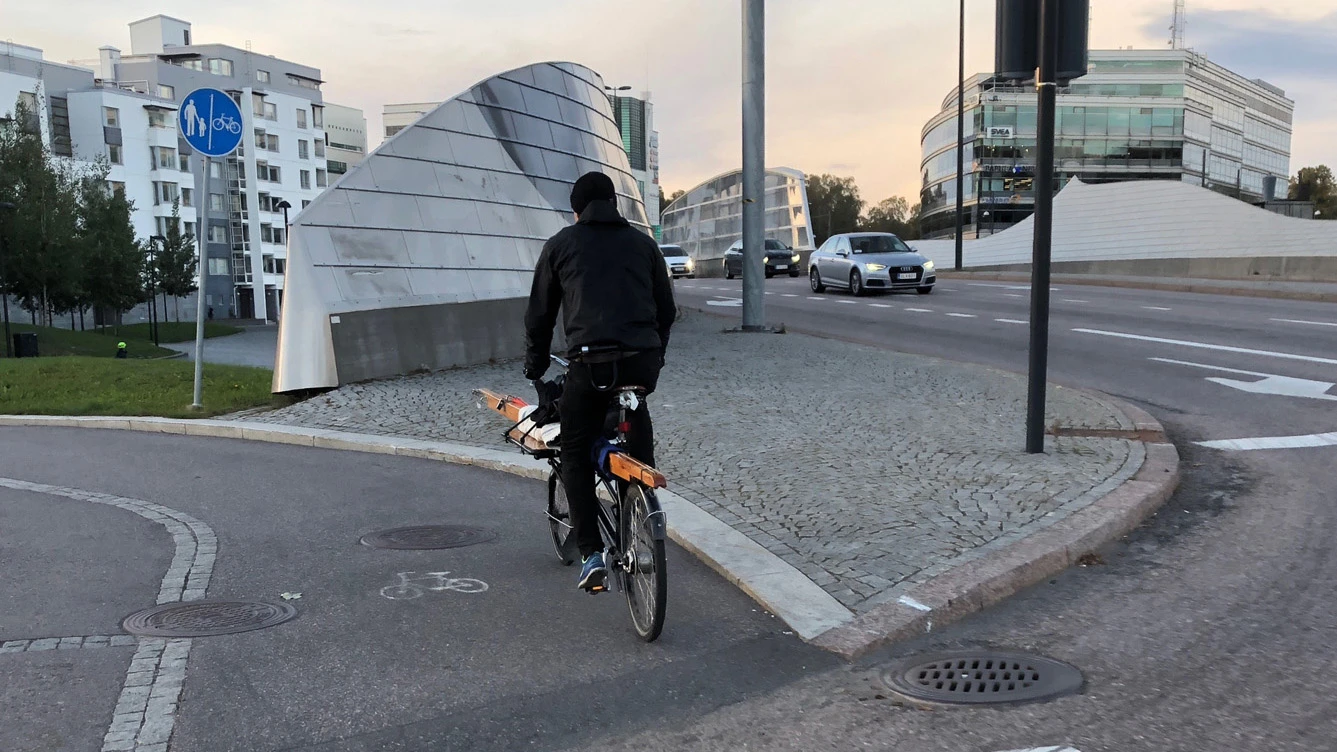
10. Helsinki
Helsinki’s local bike-share program has grown seven times larger in the last two years, and the city also has an extensive (and growing) network of 800 miles of bike infrastructure and 12 miles of bike highways. It has also tested programs like a cargo bike-share system for neighbors.
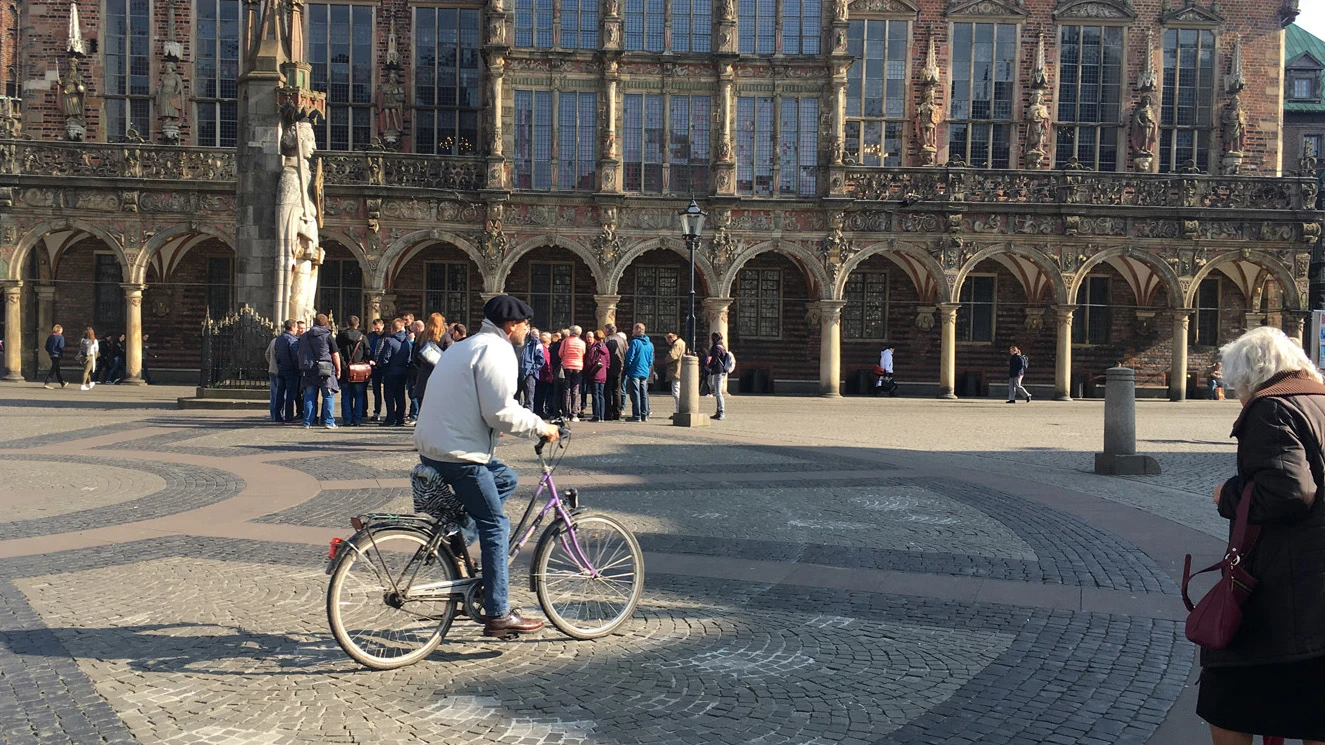
A new “bike district” in this German city has streets prioritized for cyclists, bike-friendly cobblestones, and extra bike parking. The city is also expanding its network of bike lanes, including eight new major cross-city paths.
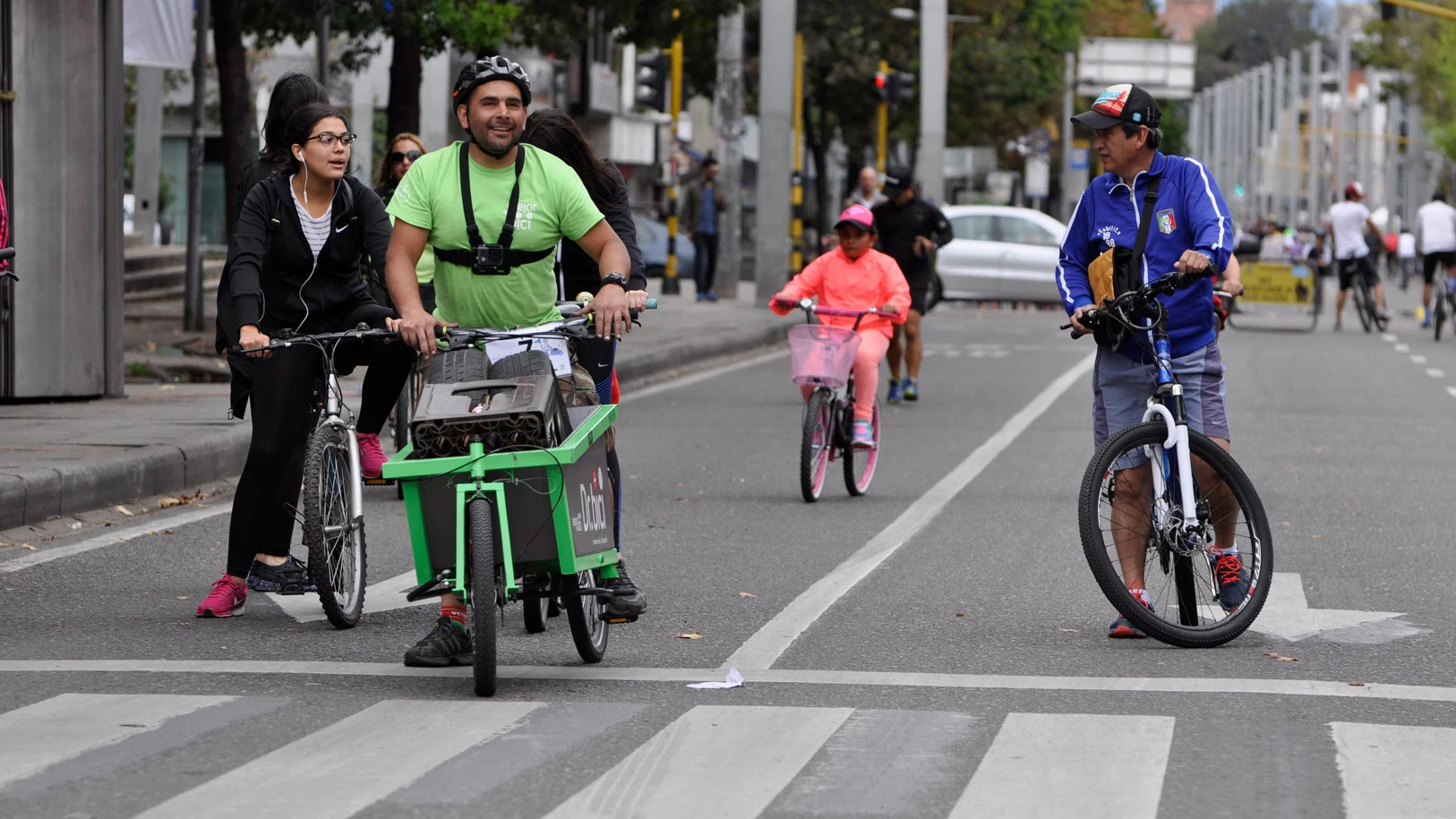
On the list for the first time, Bogotá is working to quickly add new bike lanes and infrastructure like bike parking garages near bus rapid transit stations, and the number of cyclists is growing in response, jumping from 6% of commuters to 9% in the last two years.
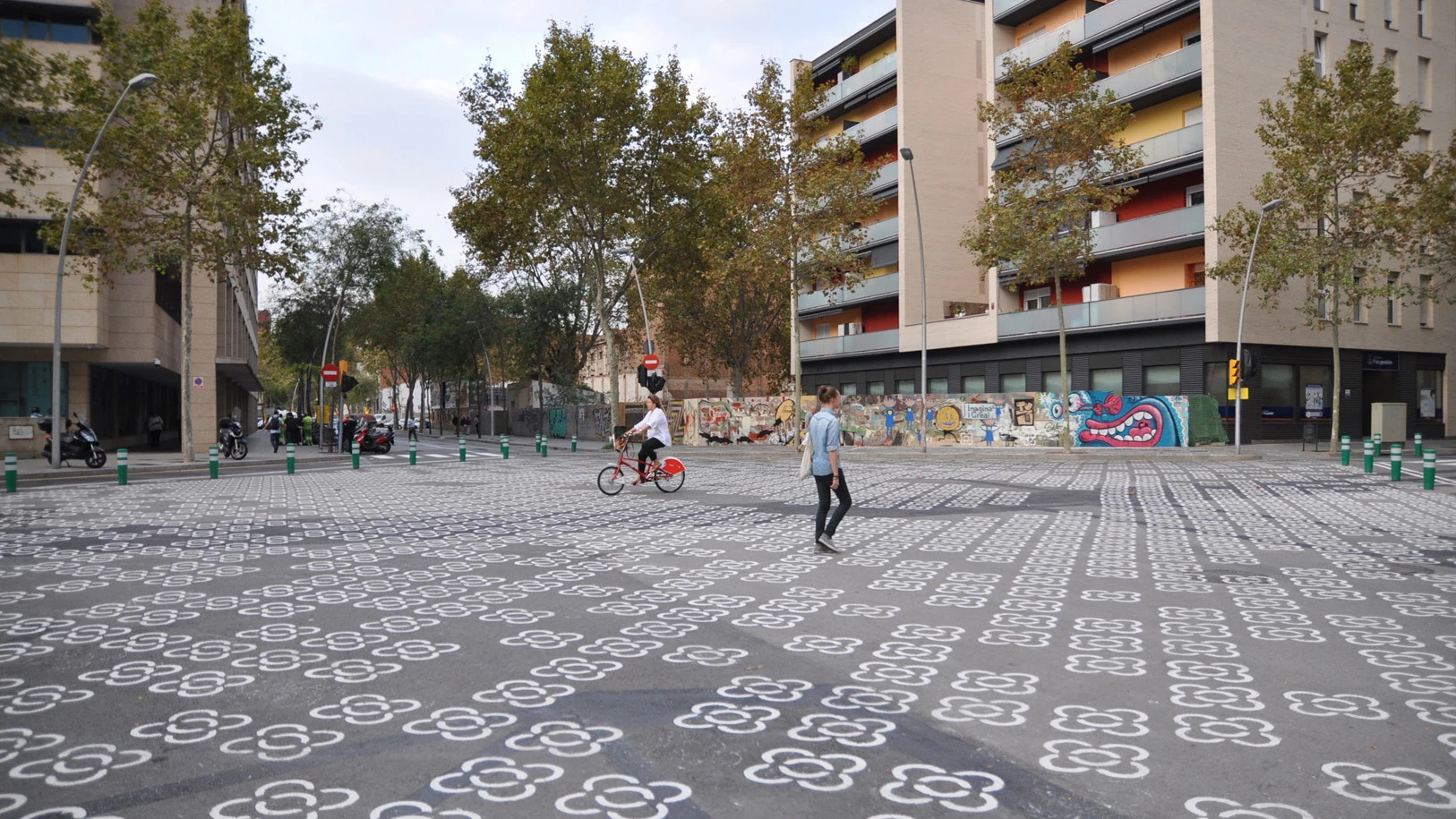
13. Barcelona
By the end of the year, Barcelona plans to have more than double the length of bike lanes from just four years ago, with an aim to have 89% of residents live within 300 meters of one of the lanes. The city’s growing “superblocks” that are designed to limit traffic also make it safer to ride bikes.
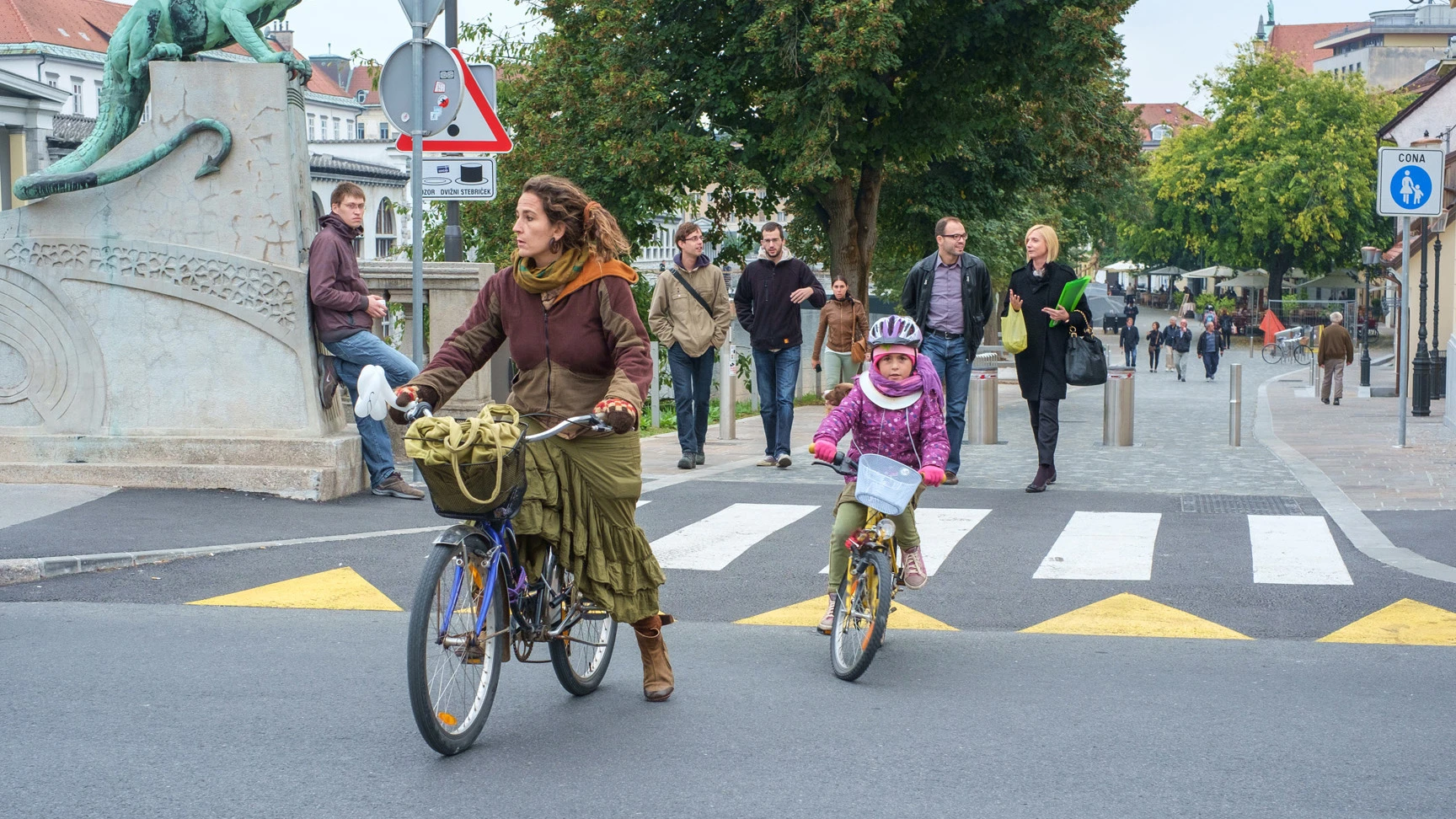
14. Ljubljana
The Slovenian capital is adding new car-free and low-speed zones, improving the design of intersections, and adding new infrastructure like traffic lights for cyclists.
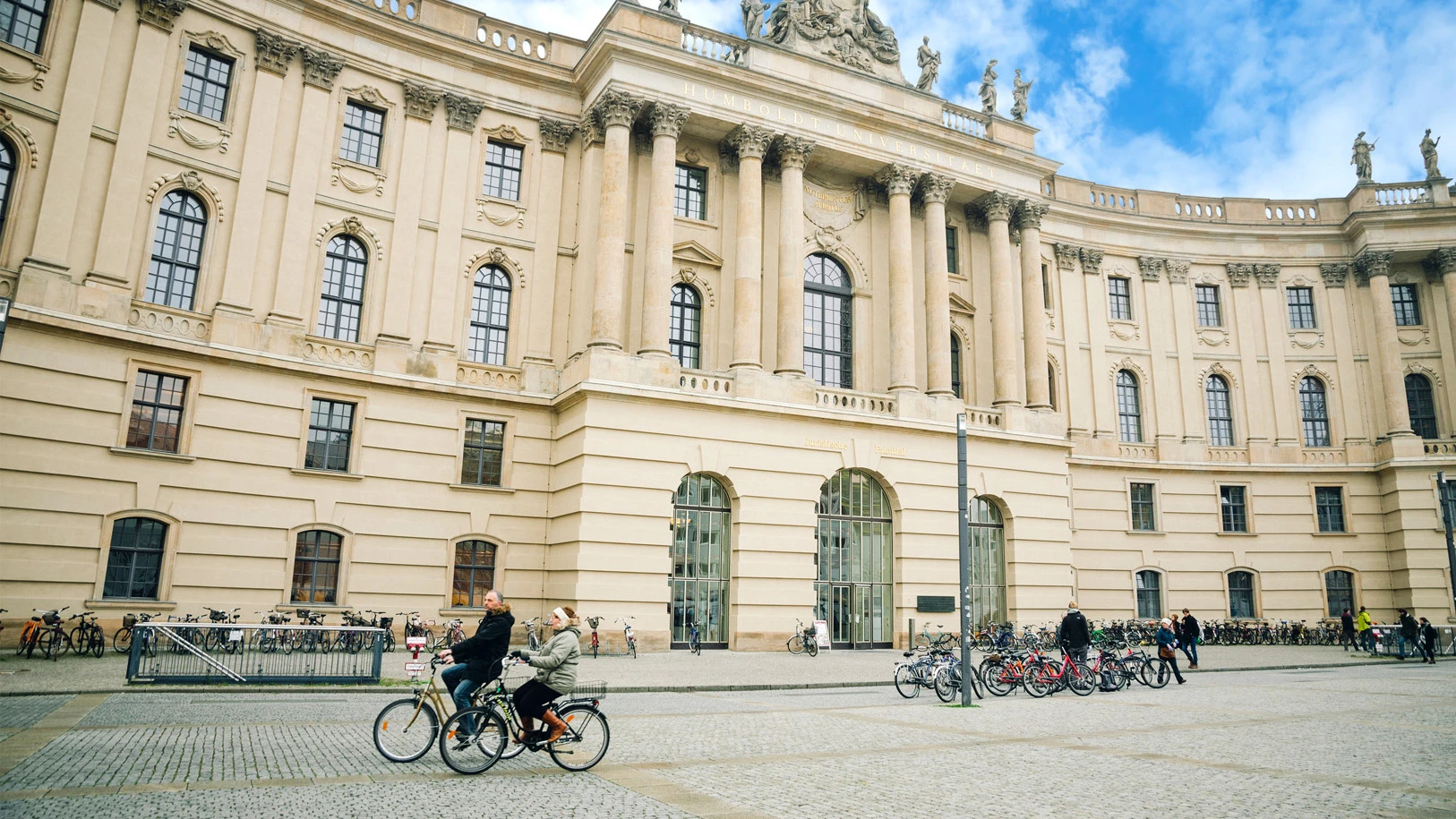
15. Berlin
A new bike plan in Berlin calls for 100,000 new parking spaces for bikes, protected bike lanes on major streets, and more bike highways that lead out of the city. In the Prenzlauer Berg neighborhood, the city is testing a new distribution station that delivery companies use to make deliveries by cargo bike.
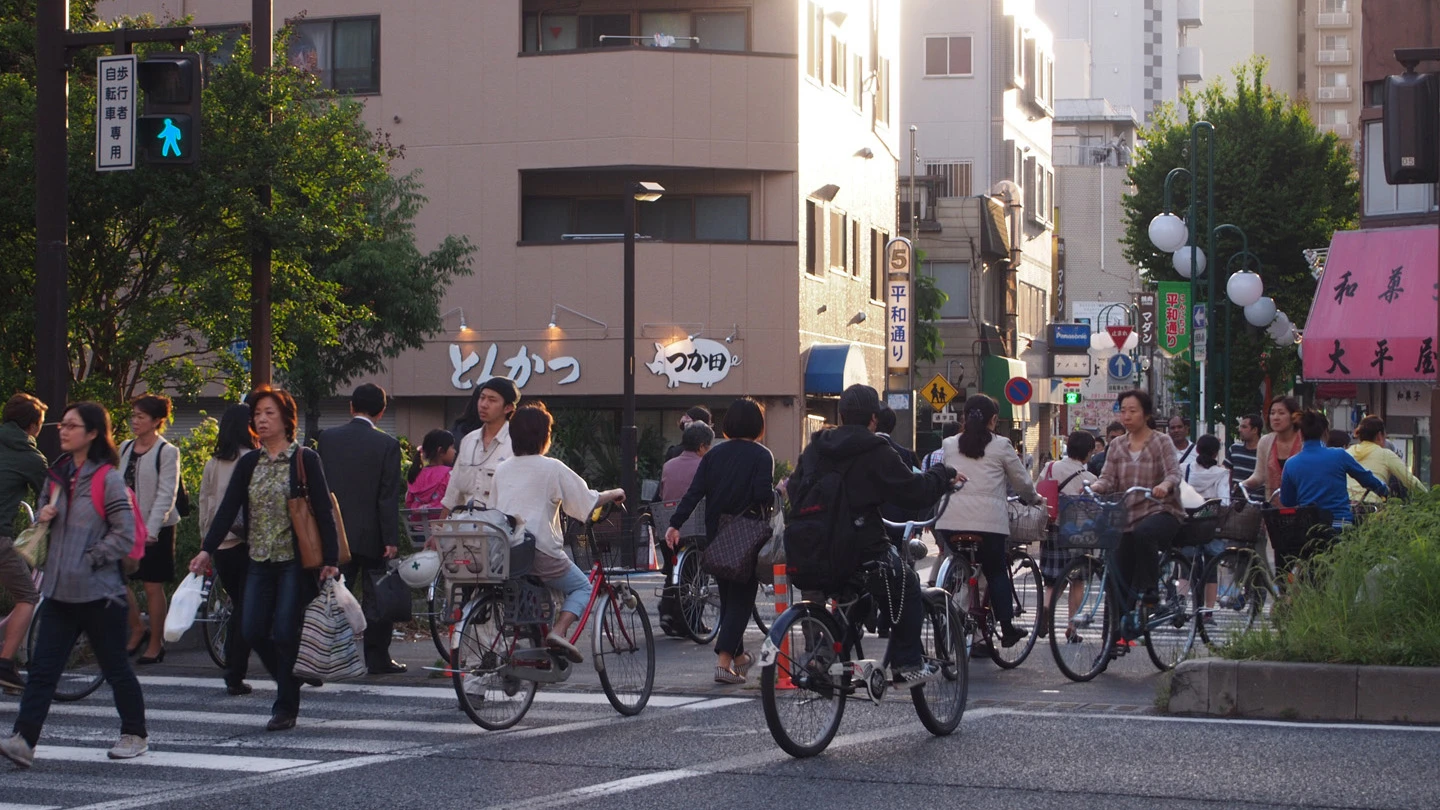
16. Tokyo
Tokyo has a long history of a strong bike culture, though Copenhagenize notes that this hasn’t been well-supported by city planners. At train stations, 18% of commuters arrive by bike. To go further, the city will need to add more protected bike lanes.
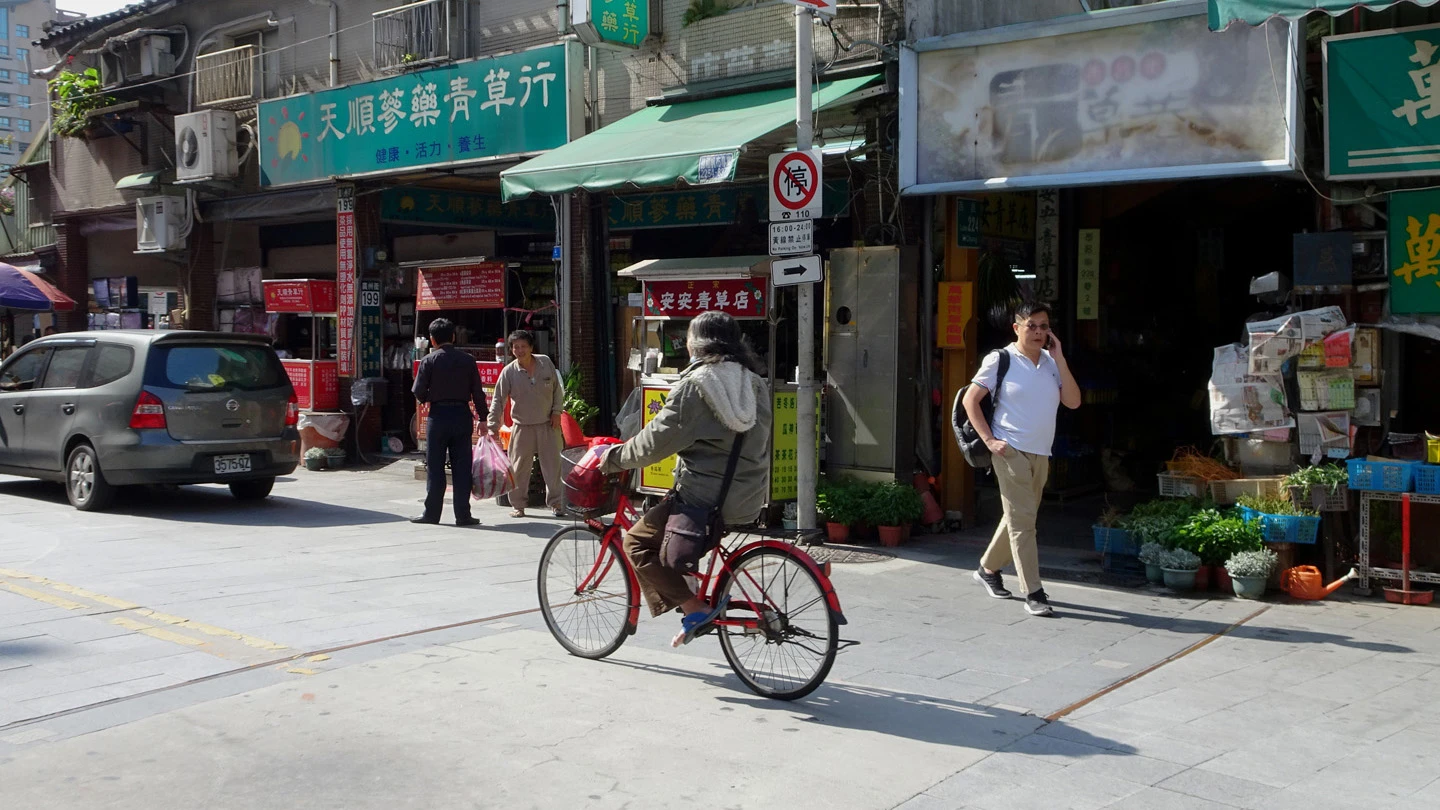
17. Taipei
New to the list, Taipei has a huge bike-share system that residents can access via their metro card. The system includes free rentals for seniors and other incentives.
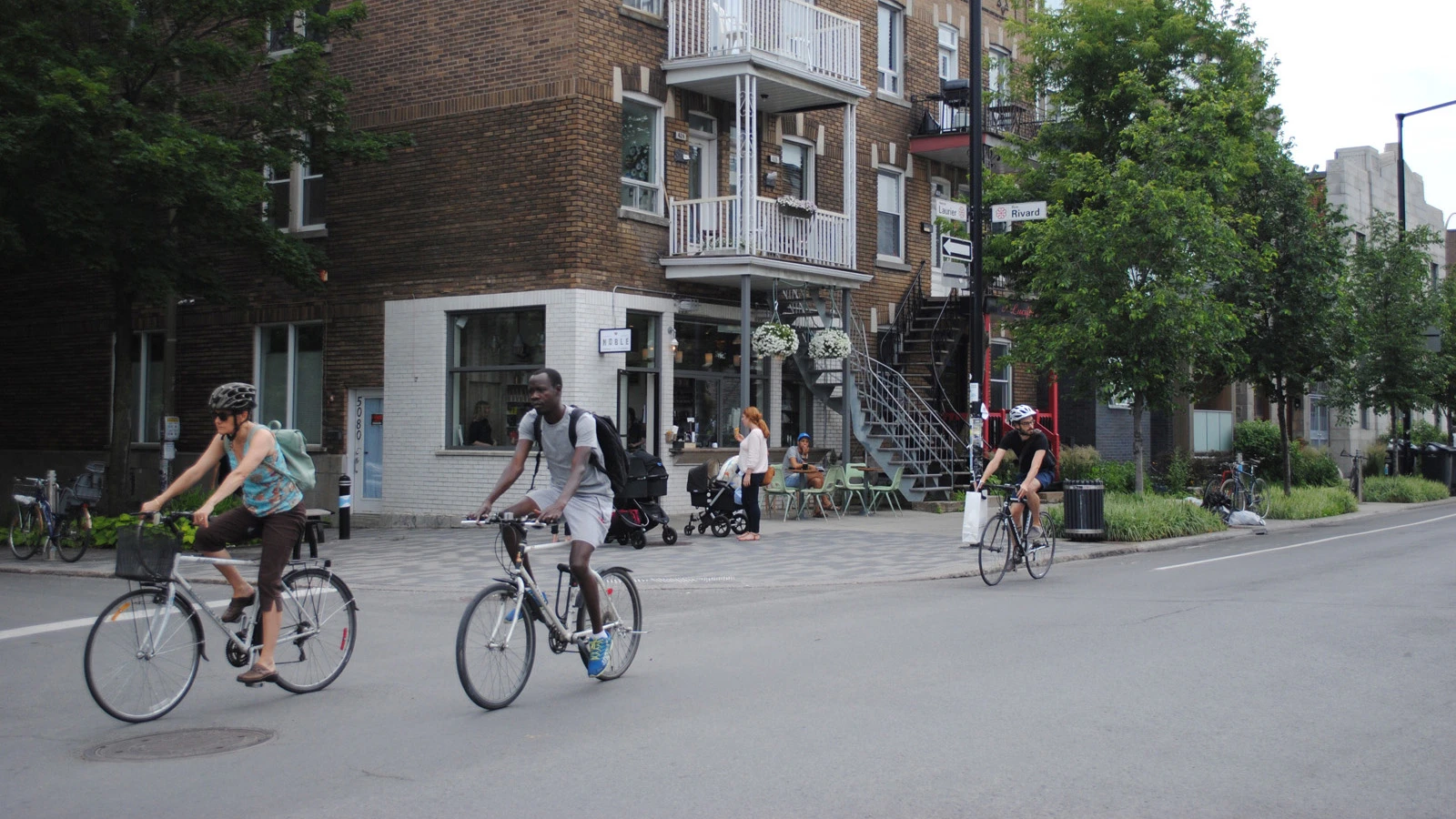
18. Montreal
Montreal plans to build a large new network of one-way bike paths crossing the island. Downtown, hundreds of parking spots for cars will be removed, and streets will connect to car-free plazas.
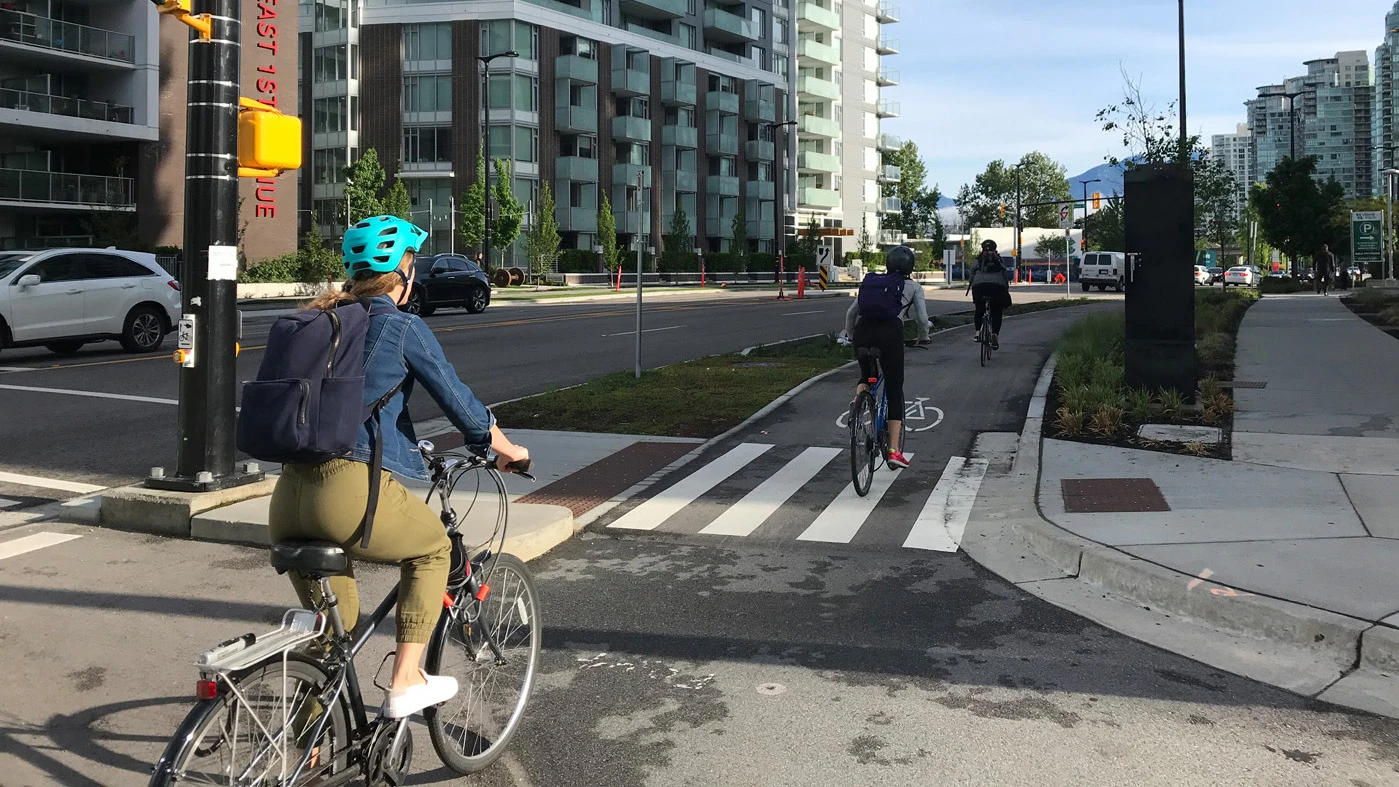
19. Vancouver
Vancouver has been adding new protected bike lanes to its downtown, and is adding new bike parking and other infrastructure like intersections designed to better protect cyclists from cars.
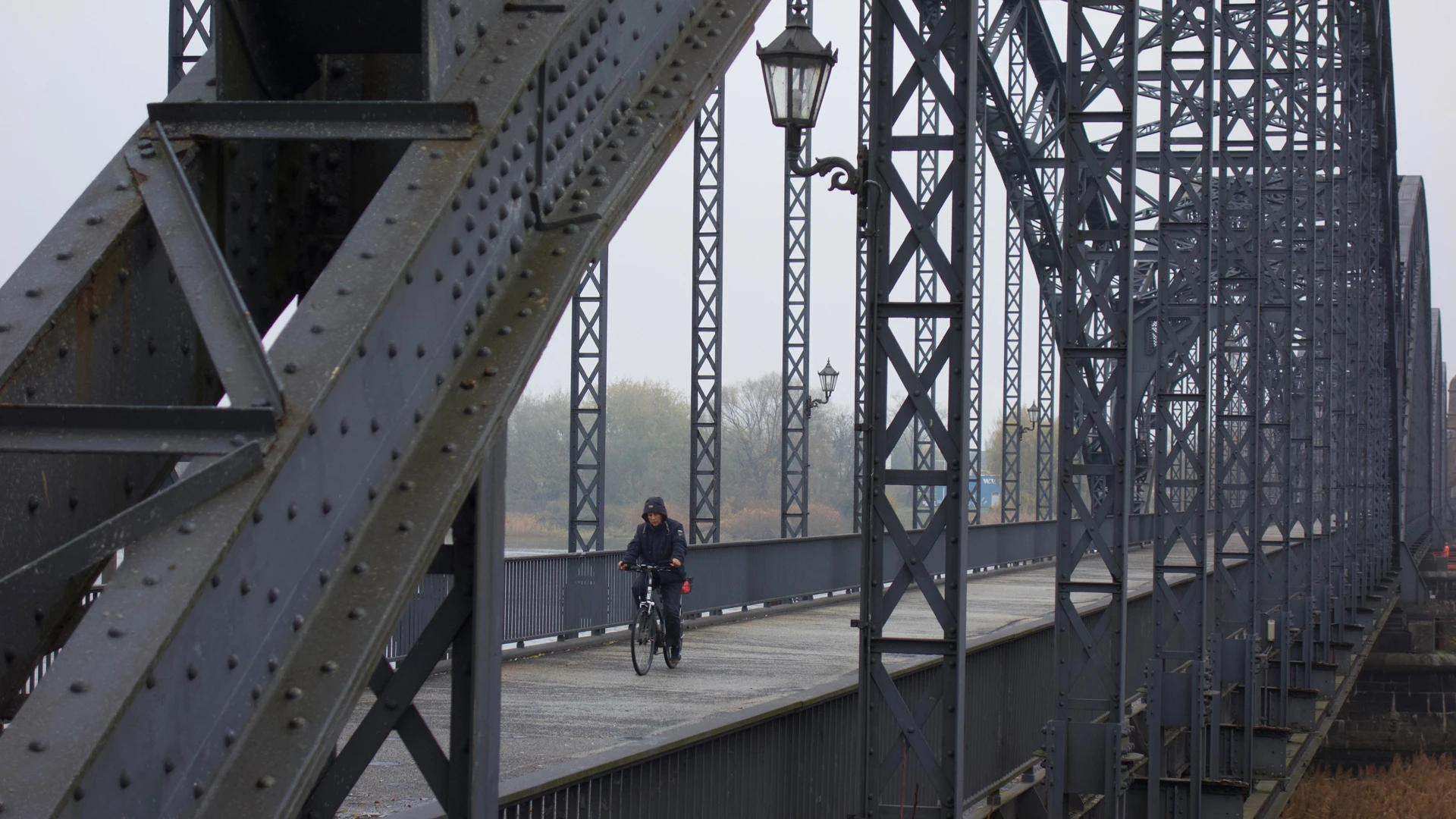
20. Hamburg
Central Hamburg is already fairly bike-friendly, but the city will soon have better connections for people who commute from elsewhere, including new cycle highways that connect to suburbs and new bike parking at regional stations.
Recognize your brand’s excellence by applying to this year’s Brands That Matter Awards before the early-rate deadline, May 3.
